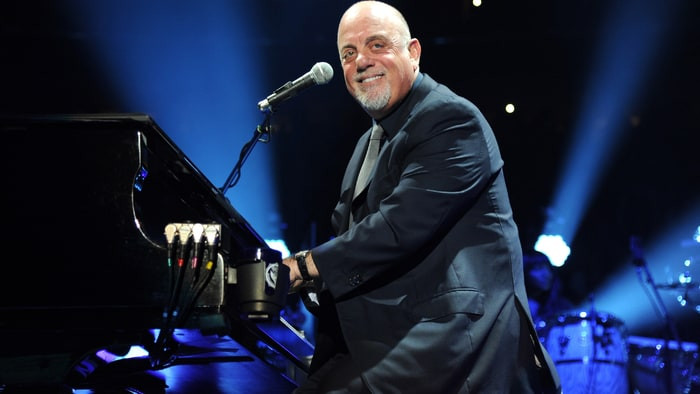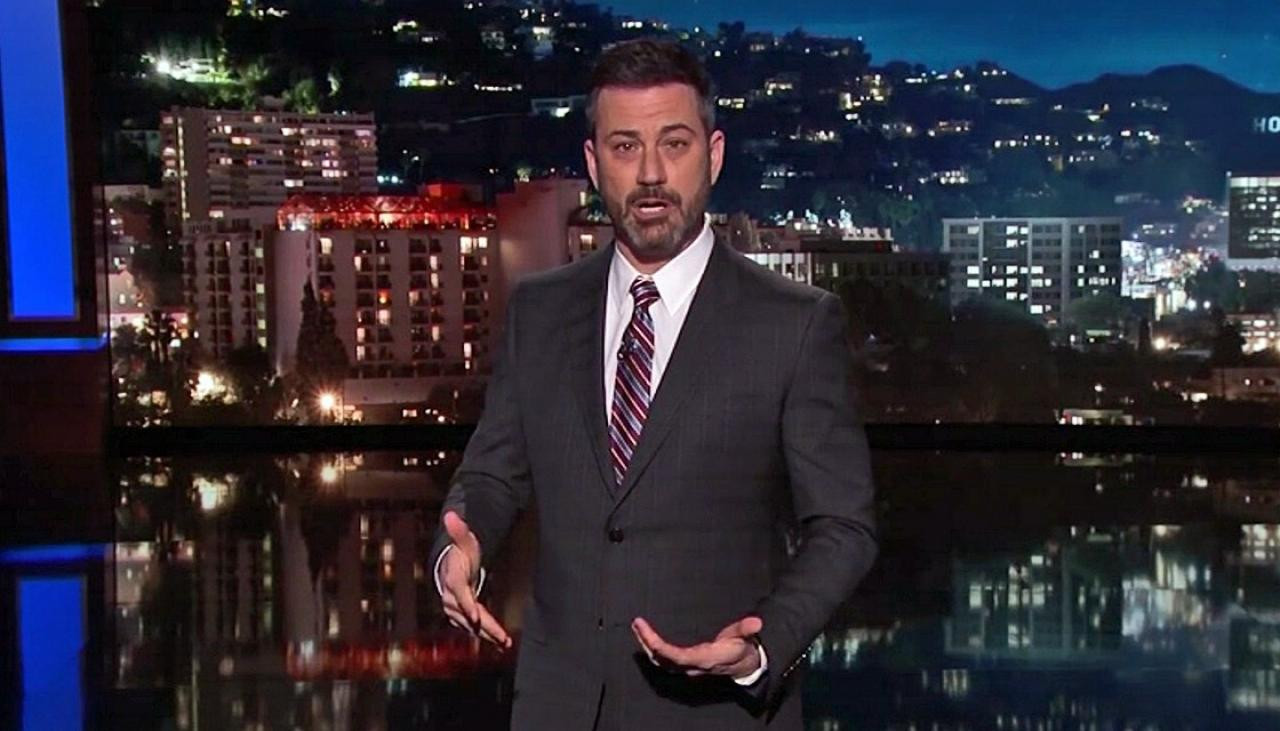Air Canada's Cello Snafu Cancels Kanneh-Mason Concert: A Musician's Travel Nightmare
British classical music stars Sheku and Isata Kanneh-Mason were forced to cancel their Toronto appearance on December 11th, 2024, due to a series of unfortunate events involving Air Canada. The siblings, based in London, were scheduled to depart on the morning of the 11th. However, their initial flight was canceled, and an alternative was secured, seemingly ensuring their timely arrival at Koerner Hall for their 8 PM concert.
Air Canada's Refusal to Board a Cello
The crux of the issue? Air Canada refused to allow a third seat for Sheku's cello. This refusal, despite the Royal Conservatory's attempts to negotiate, led to the cancellation of the highly anticipated performance. The incident highlights a broader issue faced by musicians, particularly cellists, when traveling with their instruments. The airline's baggage policy, while seemingly accommodating for smaller instruments like violins and guitars, is notably silent on cellos, only suggesting a 50% discount on an extra seat. This inconsistency leaves musicians in a precarious situation, facing potential cancellations without clear guidelines from the airline.
The Aftermath and Rescheduling
The Kanneh-Masons issued a statement expressing their deep regret over the cancellation. Their statement echoed their disappointment and commitment to rescheduling their Toronto performance as soon as possible. The concert, which included a program featuring Mendelssohn, Fauré, Natalie Klouda, and Francis Poulenc, was eagerly awaited by fans. The cancellation caused considerable disappointment among concert-goers who were anticipating the Canadian premiere of Natalie Klouda's work. This disruption impacted both the musicians and their audience, underlining the significance of addressing the underlying issues with Air Canada's policies.
Reprogramming the Concert
The Royal Conservatory is working to reschedule the recital. While no specific date has been announced, the hope is to bring the acclaimed musicians back to Toronto in the near future to share their talent with the city’s music lovers. The incident underscores the need for a clear and comprehensive policy for musicians traveling with instruments, providing certainty and minimizing the risk of future cancellations caused by inconsistent handling of instrument transportation. It also raises questions about the financial implications for the musicians and the organizers in such situations. The cancelled performance represented considerable financial investment and promotional efforts.
A Recurring Issue for Musicians
This is not the first time musicians have encountered problems with Air Canada regarding instrument transportation. In 2015, the airline announced a revised policy for passengers traveling with instruments in the cabin. While the policy appears to provide some flexibility for smaller instruments, the lack of clear guidelines for larger instruments like cellos creates ambiguity and potential issues for musicians. Many musicians have since encountered similar issues, leading to widespread frustration and concerns within the music community. This lack of clarity has left many musicians with anxieties surrounding the logistics of international travel with their instruments.
The Future of Air Travel for Musicians
The incident with the Kanneh-Masons raises critical questions about the policies and practices of airlines, especially in relation to the transportation of musical instruments. The lack of specific guidelines and seemingly arbitrary application of existing policies creates significant challenges for musicians, especially those who rely on the timely transport of delicate and often large instruments. The experience highlights the need for a more comprehensive and harmonized approach to addressing the unique needs of musicians who need to travel with their instruments. Moving forward, collaboration between airlines and musicians' organizations could prove to be vital in preventing similar incidents from occurring in the future. Hopefully, Air Canada will review their current policy to provide greater clarity and certainty for musicians traveling with larger instruments like cellos. Their approach must be inclusive and accommodate the unique requirements of musicians while maintaining the safety of passengers. The cancellation of the Kanneh-Mason concert serves as a stark reminder of the need for a better system and improved communication between airlines and musicians. One that supports the arts and ensures that musical events are not disrupted by logistical issues related to instrument transportation. The incident with the Kanneh-Mason siblings is not an isolated one; it underscores a systemic problem that requires attention from all stakeholders involved.
The Unfinished Symphony: Lessons Learned
The cancelled Kanneh-Mason concert serves as a potent reminder of how seemingly minor logistical issues can have major repercussions. It underscores the often-overlooked challenges faced by travelling musicians and the importance of clear, consistent, and musicians-friendly policies from airlines. While the concert's postponement caused significant disappointment, it also opened a vital dialogue about better supporting musicians' travel needs. The focus now shifts towards ensuring future performances are not compromised by preventable issues related to instrument transportation and that the needs of both the artist and the audience are addressed equally well.

















